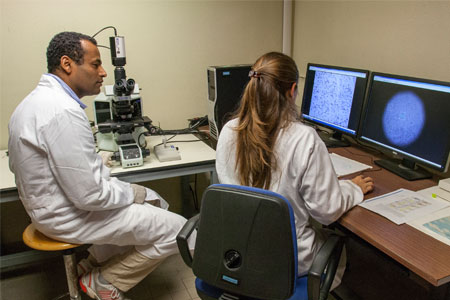The COHERENCE Project is a GARDP study on evidence and common practice on the use of combination therapy to treat sepsis caused by carbapenem-resistant bacteria in adult and paediatric population. The project wants to investigate major limitations of existing evaluation of the effectiveness of combination therapy to treat these infections. Major objectives are:
a) To assess common practice among prescribers and knowledge on evidence on combination therapy;
b) To define the evidence on effectiveness of combination of antibiotics and its quality;
c) To develop a methodologically oriented review of in vitro and in vivo data on combination therapy to design new clinical studies on old and new antibiotics;
d) To frame data (evidence and common practice) in order to plan focused educational actions to promote safe and efficient use of antibiotics in selected areas. Target bacteria are Carbapenem-resistant and/or carbapenemase-producing Klebsiella pneumoniae, Pseudomonas aeruginosa, and Acinetobacter baumannii. The project is divided in 4 activities:
Activity 1. Survey on clinical use: a cross-sectional internet-based questionnaire survey on therapy of sepsis due to the target bacteria.
Activity 2: Systematic review of in vitro and in vivo data (Cochrane methodology, PRISMA checklist for reporting).
Activity 3: Systematic review of the literature of published clinical trials and studies (including still or not yet published; Cochrane methododology, PRISMA checklist for reporting) and evaluation of quality of studies.
Activity 4: Analysis of strength and weakness of available evidence on association of antibiotics to treat sepsis due to carbapenem-resistant and/or carbapenemase-producing Klebsiella pneumoniae, Pseudomonas aeruginosa, and Acinetobacter baumannii by MIC value and setting. Identification of logistical and scientific challenges of future studies on combination therapy in the context of the GARDP projects.







